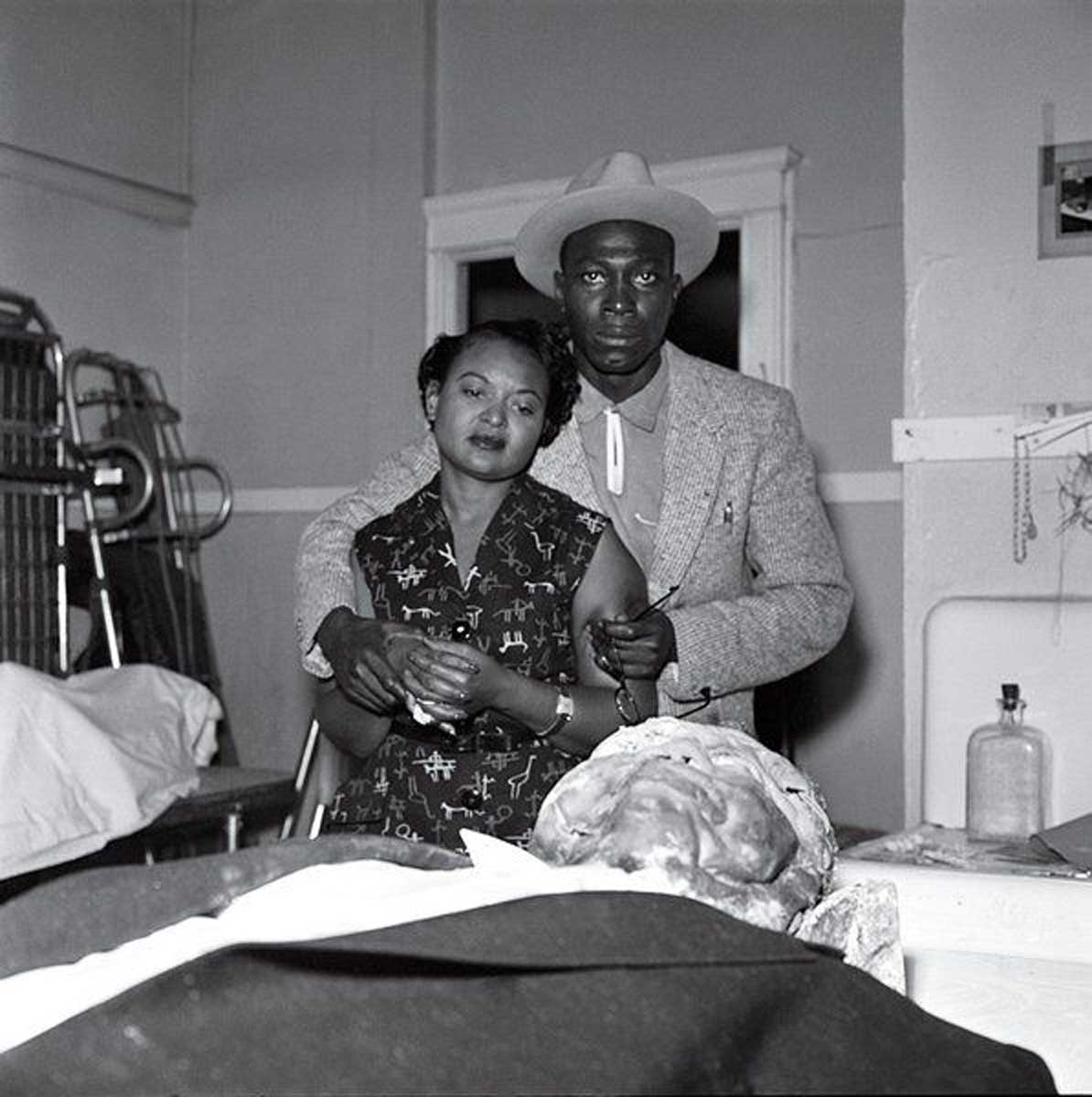State supreme court reverses gang conviction; upholds attempted murder charge in 2015 Meridian case
Published 7:45 pm Thursday, May 16, 2019
The Mississippi Supreme Court on Thursday reversed the conviction of Montrell Croft for illegal gang activity, ruling that a jury instruction constituted plain error and called for a new trial.
The court upheld the 10th Circuit Court’s convictions and sentences for felon in possession and attempted murder.
Croft, also known as “G-Money,” and a group of men identifying themselves as part of the “Rolling 60s Crips” gang shot Marcus Hall, known as “Handy Dandy,” on Sept. 23, 2015. Hall survived the shooting and identified Croft and three other attackers from photos taken from the Rolling 60s Crips’ Facebook page.
Croft, Jimmy Marquez Johnson (“Johnson”), Emmitt Jordan, Ernest Scott and Kenzavion Woodard (“Kenza”) were indicted by a Lauderdale County grand jury for crimes related to the shooting of Hall, including participating in, conducting or conspiring in illegal gang activity. Croft was also charged as a felon in possession of a firearm. Croft, Johnson and Woodard were charged with attempted murder.
Woodard pleaded guilty and agreed to testify against Croft.
Anthony Ball, a Meridian detective, identified Hall as a “hang-around,” or friend of (but not a member of) the Black Disciples, rivals of the Rolling 60s Crips.
A jury found Croft guilty and 10th Circuit Court Judge Lester F. Williamson, Jr. sentenced Croft on Sept. 7, 2017 to 20 years with 10 years suspended and five years of post-release supervision for gang activity, ten years as a felon in possession of a firearm and 30 years for attempted murder with ten years suspended. Williamson ordered the sentences to be served consecutively.
The state found that the trial court erred in their jury instructions that defined a gang’s existence “could be demonstrated by a preponderance of the evidence” rather than “beyond reasonable doubt.” To be charged as participating in the gang, the trial court needed to prove that the gang existed “beyond reasonable doubt.”
“The existence of a gang is clearly a fact constituting an “element”… of “participating in or conducting or conspiring” in illegal gang activity; therefore, the gang’s existence was required to be proved to jury beyond a reasonable doubt,” the state ruled.
The state also ruled that the trial court “harmlessly” erred by permitting Ball, a gang investigator, to offer expert opinion, rather than limiting his testimony to fact witness.
“Portions of Ball’s testimony were grounded in facts learned during his investigation of the shooting and based on his personal knowledge,” the state said. “Ball opined that he did not believe Hall was a member of any gang based on Hall’s being a “hang-around” with members of a gang… We find that this portion of Ball’s testimony was based on specialized knowledge (because) an average, randomly selected adult likely would not be able to identify the Black Disciples or testify about the difference between a gang member and a “hang-around.” “
Because of Ball’s extensive knowledge about gangs, the state advised the trial court to call Ball as an expert witness if the case is retried.






